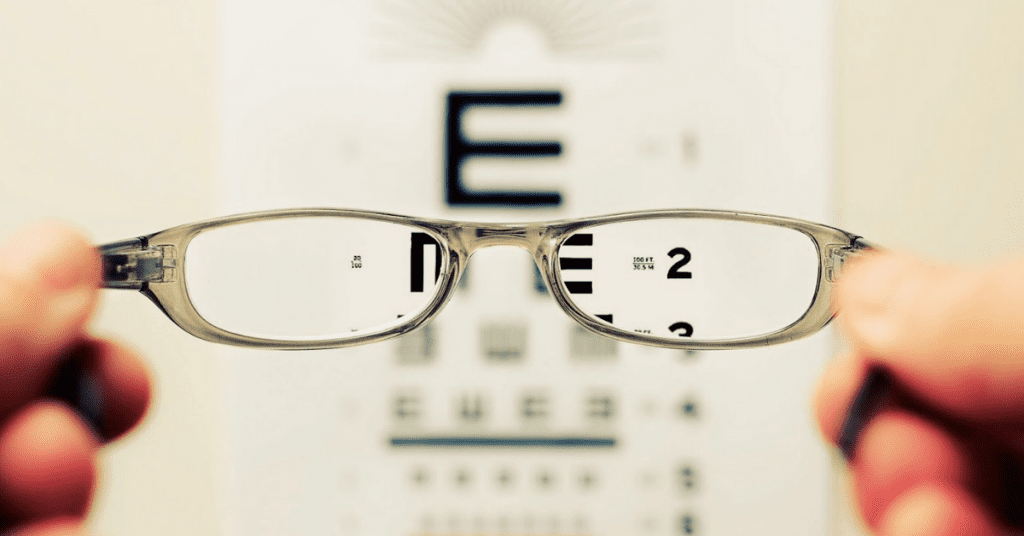The Facts on Cataracts

Cataracts are a common part of aging and the most common cause of vision loss around the world. In fact, according to My Cataracts, cataracts currently affect more than 20.5 million Americans over 40 years of age. By age 65, more than 90 percent of people in the United States will develop cataracts.
Cataracts occur when the lens in your eye becomes cloudy from natural proteins that build up over time. As the condition progresses, the clouded lens allows less light to pass through your eye, creating blurry vision.
Symptoms of Cataracts
Because cataracts develop slowly, you may not immediately realize your sight is being affected with this condition. The first signs of cataracts are high sensitivity to glare or bright lights or trouble driving due to poor night vision.
Consider visiting your eye doctor to act early against cataracts, and be on the lookout for additional symptoms such as:
- Cloudy or blurry vision
- Trouble seeing at night
- Light and glare sensitivity
- Seeing halos around lights
- Fading or yellowing of colors
- Double vision
Protect Your Eyes
While there is no way to prevent cataracts, you can slow their progression in several ways.
- Wear UV protected sunglasses
- Choose a healthy diet
- Stay away from smoking
- Take nutritional supplements
- Have your eye doctor monitor cataract development during your annual exams
How to Treat Cataracts
When symptoms begin to appear, you may be able to improve your vision with a new pair of glasses or a new prescription.
Brighter lighting may also provide short-term help. If the cataract development begins to worsen, cataract removal surgery is available.

Cataract removal is a common procedure, where the surgeon will remove the clouded lens that has affected your vision. It is replaced with a clear artificial intraocular lens. The surgery lasts 30 minutes and patients are discharged one hour after the procedure is complete.
The result is a noticeable improvement in vision, and oftentimes this will eliminate astigmatism and reduce or eliminate the need for glasses after surgery.
While cataracts do not grow back, the thin tissue that holds the intraocular lens in place can turn cloudy months or years after cataract surgery, causing blurry vision. This issue can be easily and painlessly corrected using a laser.
Are you struggling with cataracts?
Our cataract surgery techniques include no hospital stay, no pain, no injections, quick recovery, and typically very strong vision after surgery.
Find out more about our solutions and procedures at The Eye Center.
About The Eye Center
The Eye Center is a premier medical and surgical eye care facility located in Huntsville, AL. Our physicians offer more than 80 years of combined experience in quality medical & surgical eye care utilizing state-of-the-art techniques.
Contact our team at The Eye Center to schedule your next appointment at (256) 705-3937 or click here!
